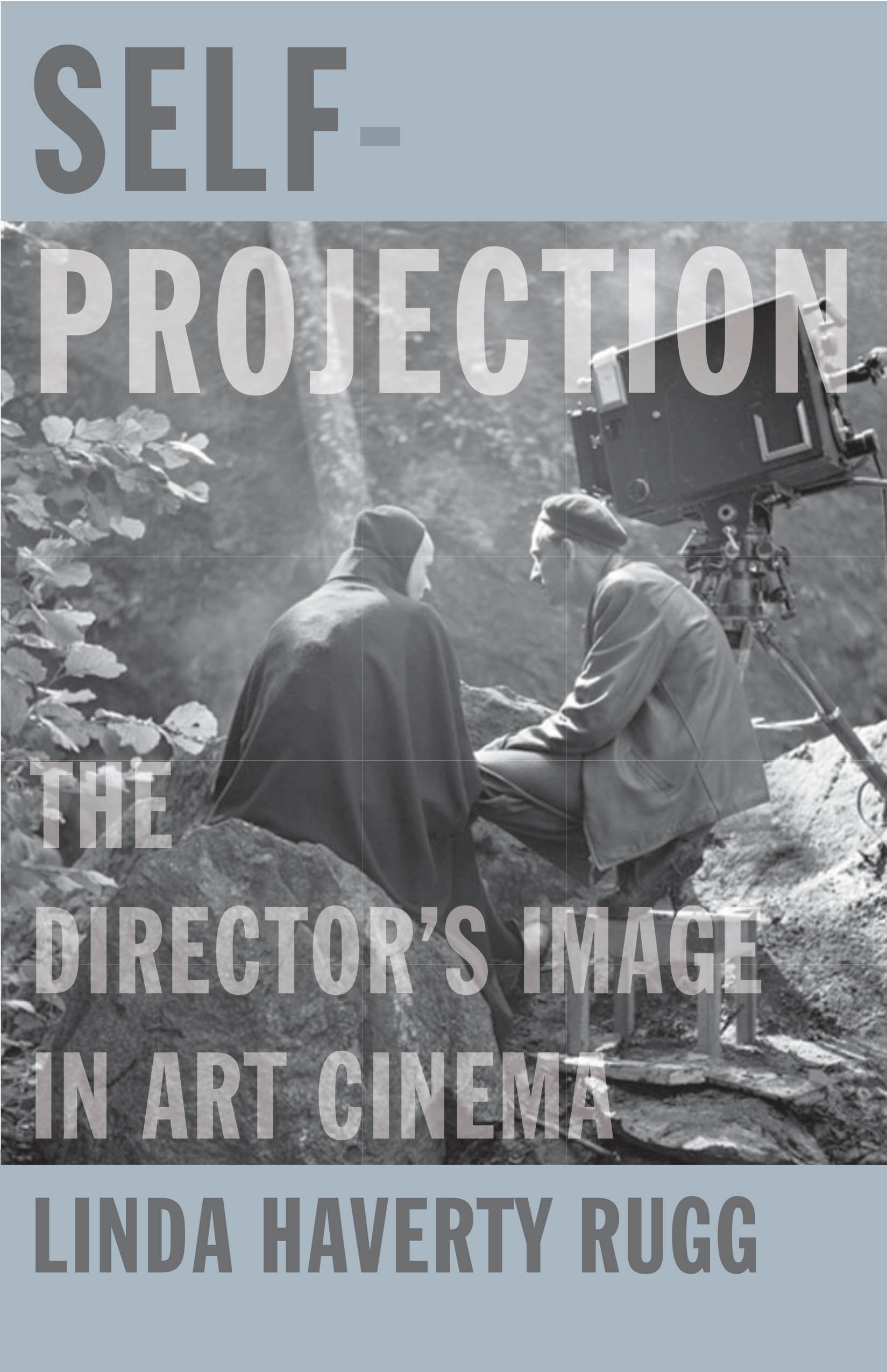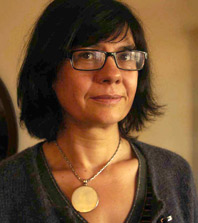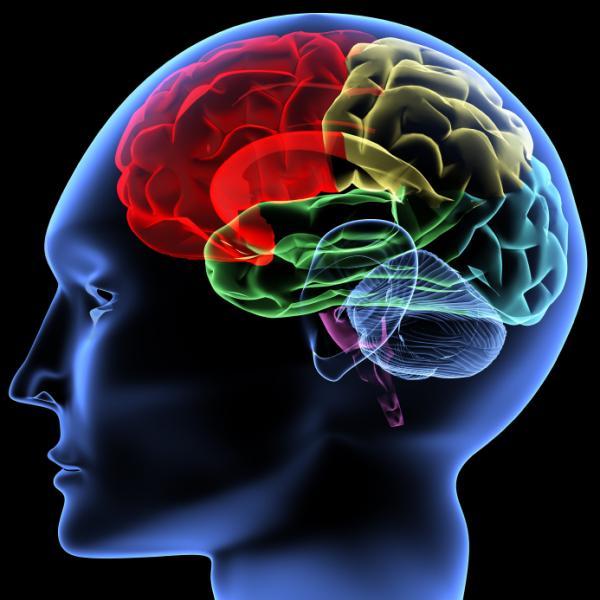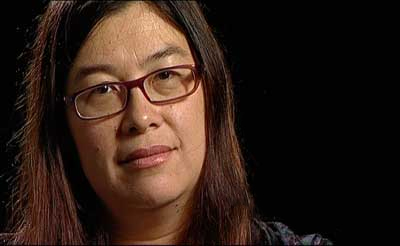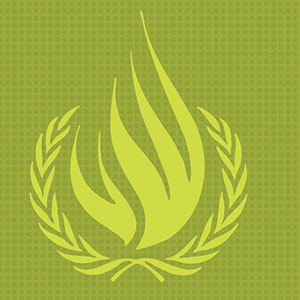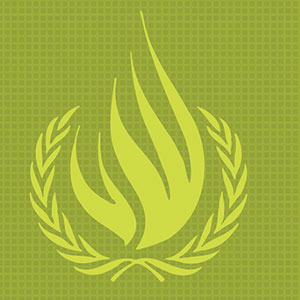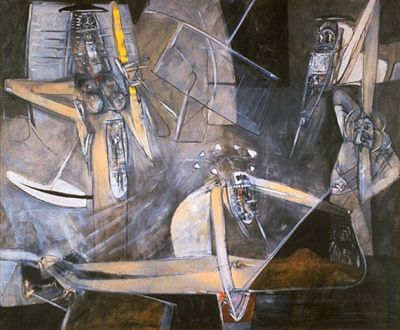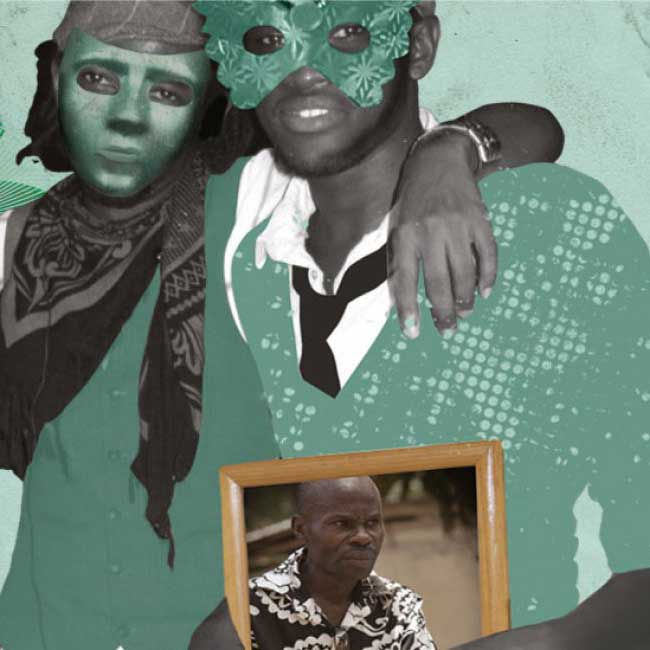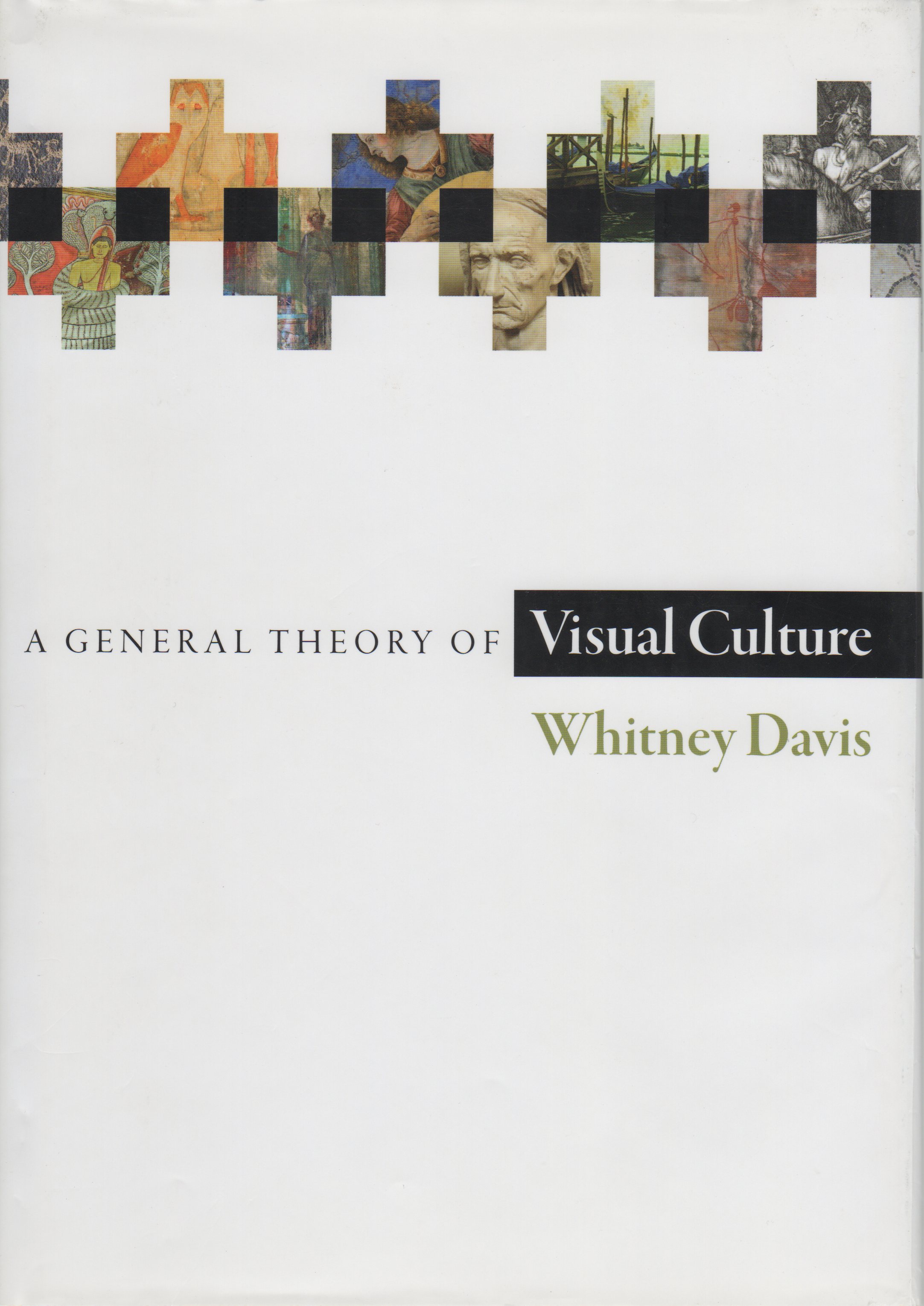Professor of Scandinavian Linda Rugg’s new book explores how non-documentary narrative art films create new forms of collaborative self-representation and selfhood.
The work of French Philosopher Catherine Malabou has created the foundation for a wide range of current research focusing on the intersections between science and the humanities. Her public lecture will offer a contemporary reading of Plato’s myth of Er.
This workshop will bring together diverse scholars interested in the historical and conceptual problems of life and particularly the life of human beings in the neural age.
Revisiting a family secret through interviews and home movies, director Sarah Polley’s film uses personal experience to explore questions of love, family, memory, and storytelling.
The Politics of Voice: Wittgenstein, The Ordinary and Care
This lecture will explore care and the ordinary, following a thread of Wittgenstein’s philosophy that takes us beyond the “grammar” of the first person, the use of psychological verbs, and the nature of states of mind.
Please Note: This Event Has Been Canceled.
Emilie Hafner-Burton (UC San Diego), along with UC Berkeley and Stanford faculty, discuss why it's been so hard for international law to have an impact in parts of the world where human rights are most at risk.
Dangerous Intersections: Complicity, Trauma, and Holocaust Memory
Professor of French Debarati Sanyal’s forthcoming book examines the ways in which literature and film from the French-speaking world have repeatedly sought not to singularize the Holocaust as the paradigm of historical trauma, but rather to connect its memory with other memories of atrocity.
Call Me Kuchu (2012)
A new bill threatens to further criminalize homosexuality in Uganda, making it punishable by death. David Kato, Uganda’s first openly gay man, is one of the few who dare to publicly protest this state-sanctioned homophobia.
Professor of History of Art Whitney Davis’ book presents a new and original framework for understanding visual culture.
